Kubo and the Two Strings
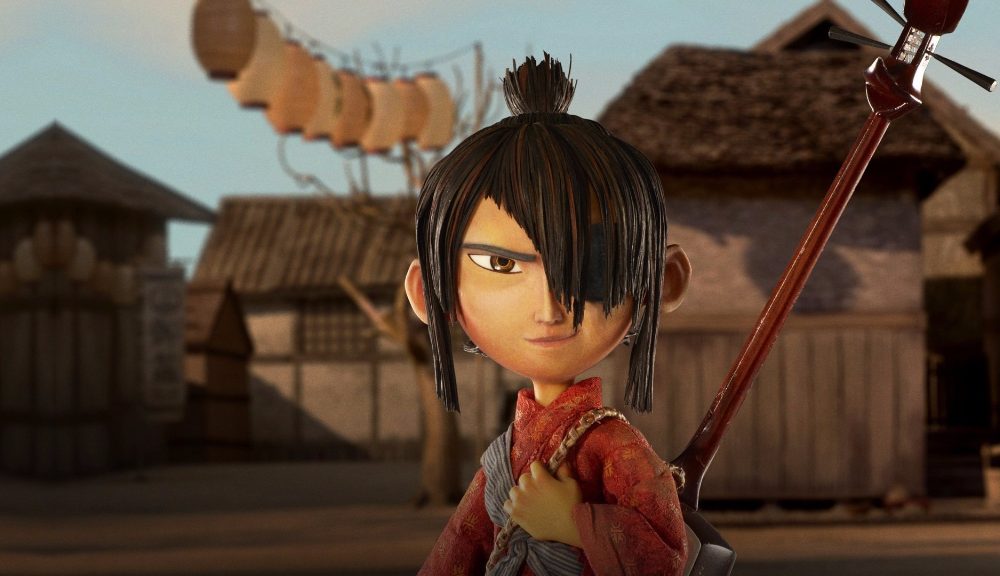
Best known for the 2009 dark fantasy Coraline, animation studio Laika has now released its most sophisticated, high-tech feature to date, taking stop-motion animation to yet another level. Featuring the voices of Charlize Theron, Matthew McConaughey, George Takei and Ralph Fiennes, Kubo and the Two Strings is set in ancient Japan and draws on existing traditions as well as introducing original fantasy elements.
A brief prelude shows a young mother braving a sea storm to save her baby from her evil family. Years later, the woman appears to be in a trance as the little boy, Kubo, looks after her and makes money through storytelling. Crowds gather around him in the village as he plays a shamisen while pieces of paper magically transform into origami figures of the characters he describes. Meanwhile, Kubo’s wicked grandfather, the Moon King, and his sinister aunts continue to search for him. As trouble hits, Kubo must undertake a perilous journey and ends up with only a monkey and a beetle-warrior as companions.
The enchanting power of oral narration is a promising theme but unfortunately it quickly dissipates as the plot falls prey to the tried-and-tested formula of the hero’s quest and its all-too-familiar elements. Addressing issues like bereavement, abandonment and compassion, there is a clear aspiration to move beyond the usual mood of animated family films and into a more artful domain. Indeed, there are some poetic moments and the feature has all the right ingredients to be a stand-out production, but it is ultimately constricted by its formulaic approach.
The sketchy storyline is overburdened with stubs of potentially intriguing material that remains largely unexplored. Moreover, supporting characters Monkey and Beetle often engage in banter, but the humour sits a little awkwardly with the mood of the movie and seems to be incorporated into the dialogue merely because audiences have come to expect comic relief from the hero’s sidekicks. As the tale unfolds and the background story of these two characters emerges, their playfulness and goofy ways appear even more incongruous.
Though the narrative is weak, the film earns points for its visual execution and the atmospheric setting. Laika’s evocative stop-motion animation is better than ever and especially impressive in 3D. While Kubo and the Two Strings is not always smooth in its transitions or its handling of the content, the thematic choices, coupled with fine aesthetics, are a breath of fresh air in the animation scene.
Mersa Auda
Kubo and the Two Strings is released nationwide on 9th September 2016.
Watch the trailer for Kubo and the Two Strings here:
https://www.youtube.com/watch?v=p4-6qJzeb3A

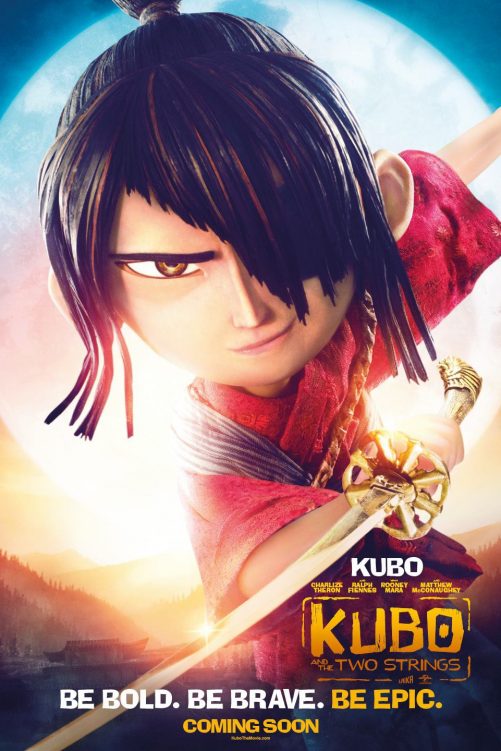

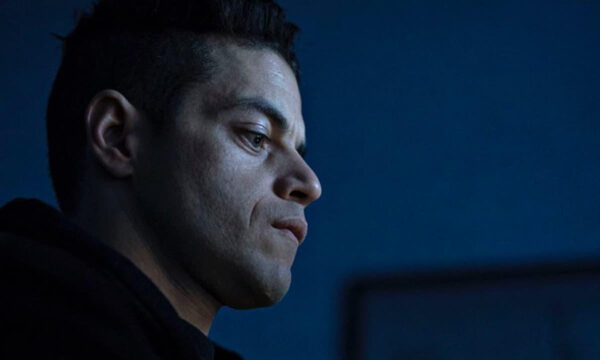
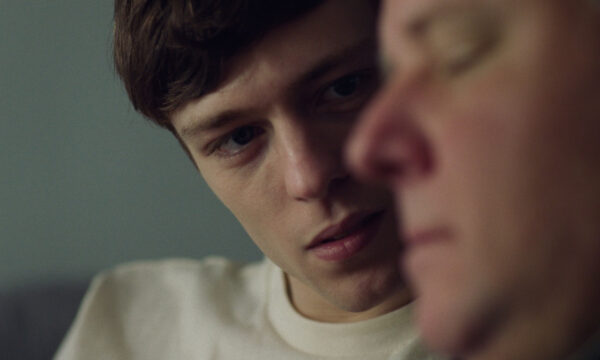
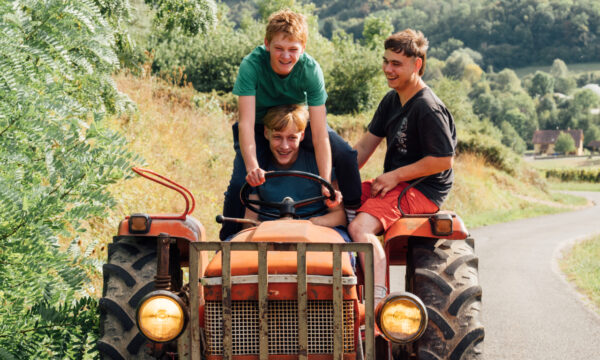
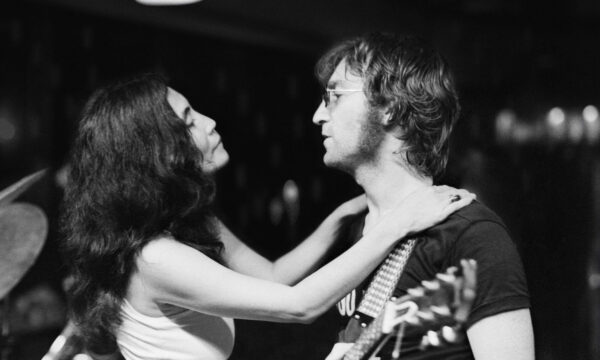
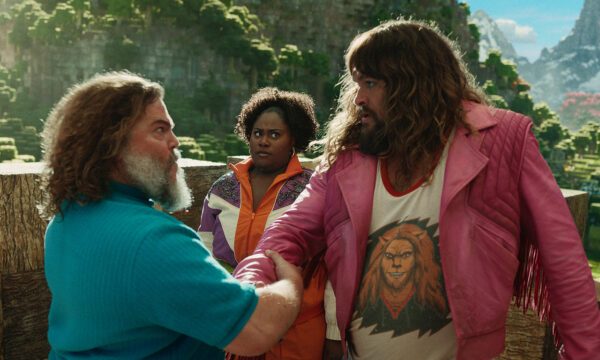
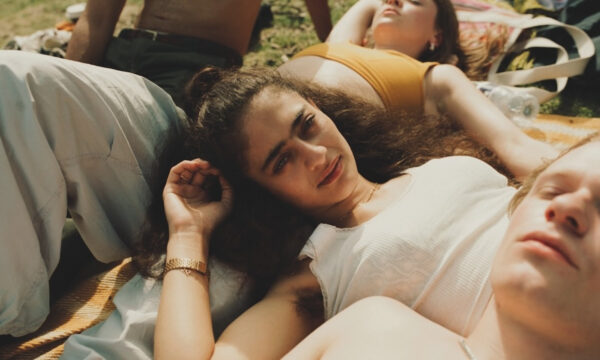















Facebook
Twitter
Instagram
YouTube
RSS